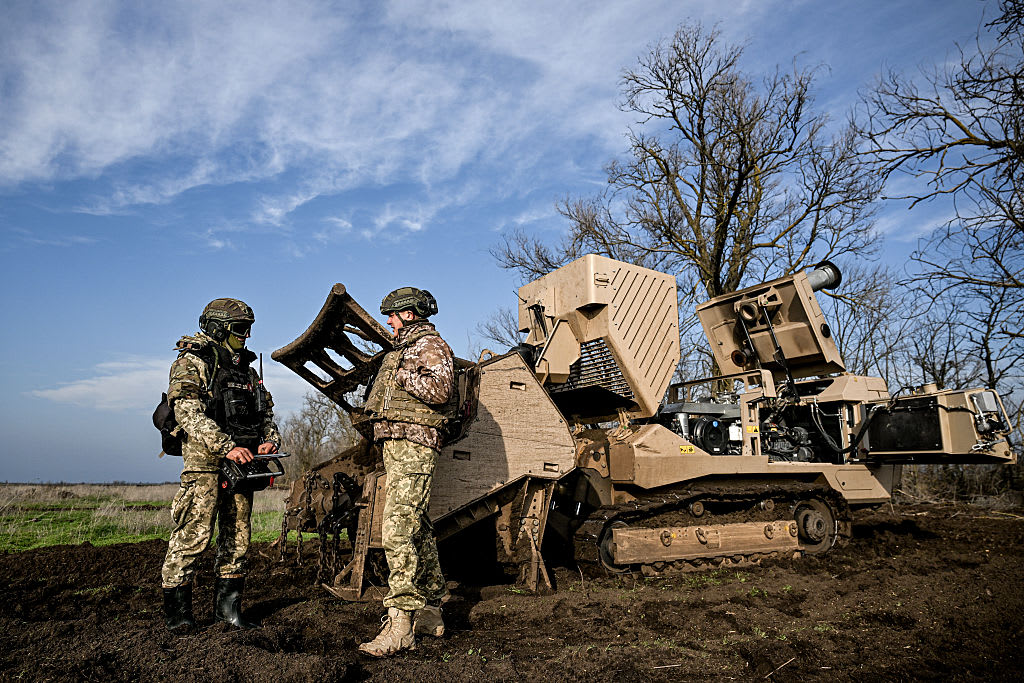Dozens of Indian nationals duped into joining Russia's war against Ukraine, government says
New Delhi – Dozens of men in India were duped into joining Russia's war against Ukraine, according to India's government. At least two men who were lured into the scheme have died, their families told media outlets.
The Indian government said Friday said it has taken up the matter with the Russian government and asked for the Indian nationals caught up in the scheme to be discharged.
India's External Affairs Ministry said its federal investigation agency, the Central Bureau of Investigation, busted a "major human trafficking network" on Thursday in connection with the scheme.
According to media reports, authorities said around three dozen men were lured into Russian military service on the pretext of jobs as delivery boys and helpers for the Russian army and they were assured that their duties would not be on the front lines.
The men were also told that Russia would issue them an official government card that would all but guarantee them permanent residency.
Mohammed Asfan, a 30-year-old father of two, was killed on the front lines last month, according to media reports. He had traveled to Russia late last year. Asfan's family said he was told he had to assist the Russian army and wouldn't be deployed to the front lines.
The Indian Embassy in Moscow confirmed Asfan's death on social media but provided few details about how he died. Officials said they were trying to send his remains back to India.
Another Indian national, Hemal Ashwinbhai Mangukiya, 23, was killed in a Ukrainian airstrike while serving as a "security helper" with the Russian army at Donetsk, his family told media outlets. He had traveled to Russia last December.
The Indian government had urged all Indian nationals to stay away from the conflict.
"We once again appeal to Indian nationals to not be swayed by offers made by agents for support jobs with the Russian Army," India's External Affairs Ministry said in its statement Friday. "This is fraught with danger and risk to life."





